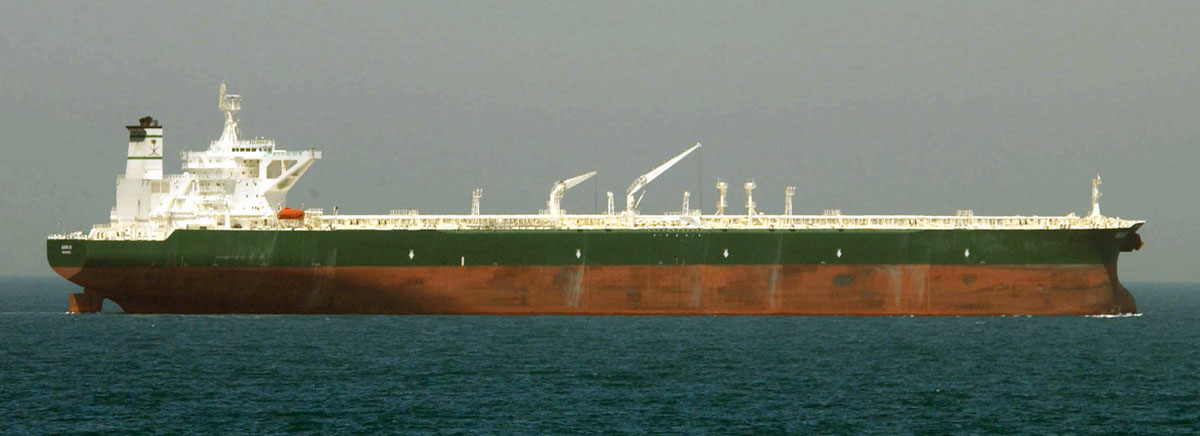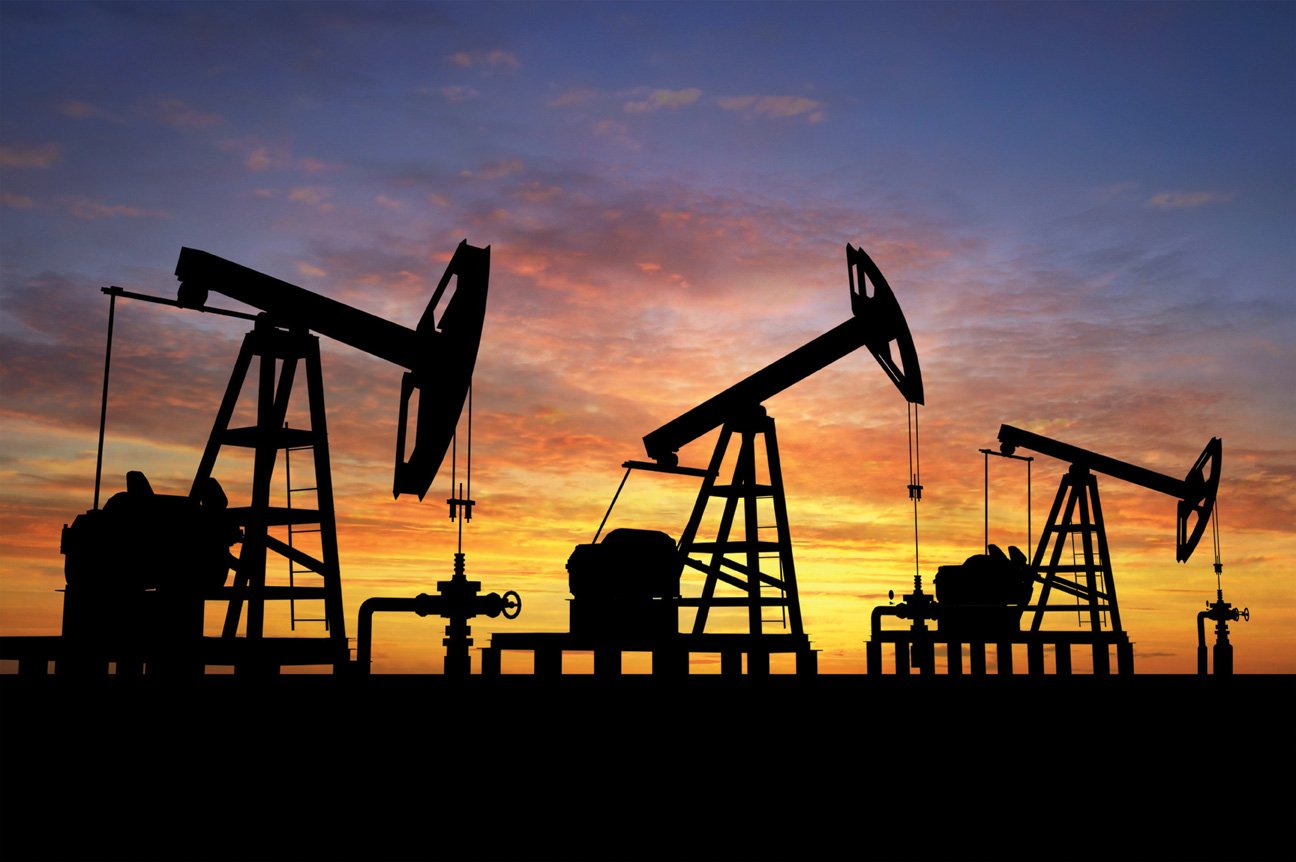Each tax, as well as the method of spending funds obtained from it, is subject to moral assessment. CAT is a consumption tax. Its introduction will affect the price of all goods produced using fossil fuels: cement, steel, cars or tourist trips to Thailand. The factor that drives CO2 emissions is the consumer lifestyle, which manifests itself, for example, in the purchase of a car with increased engine power, even though an economical car performs its functions in the same way. Buy unnecessary, throw away undamaged. The production and maintenance of this mass of goods consume enormous amounts of energy and contribute to climate change like nothing else. So it is deeply ethical that consumers will bear the final costs of reducing emissions because they are both the cause of the problem and they are the solution. The owner of a sports car will pay more tax than the owner of an economical city car, while someone who commutes to work by public transport will pay even less tax. Similarly, someone who goes on vacation to the Masurian Lakes will pay less than someone who rests while surfing in Hawaii. This applies to all forms of consumption. If you invest in home insulation, you'll pay smaller bills for CAT-charged gas or oil.
CAT promotes the reduction of emission-generating consumption and supports actions to reduce emissions while maintaining the current lifestyle. 
CAT has one more ethical aspect. Manufacturers and importers of fossil fuels will be the direct taxpayers. It is deeply ethical that those who benefit the most from poisoning our planet with carbon dioxide will be charged a tax that will clean up this mess. The attitude of governments towards fossil fuel producers is ambiguous. On the one hand, they strive to reduce emissions; on the other, they subsidize their mining industry. Charging this industry with a CAT tax will be deeply moral.
One should not worry too much about the condition of this sector. The new tax (like any tax) will be passed on to consumers. Only when emission-free energy sources appear can the profits of this sector begin to fall.
CAT also has a flip side. All money from this tax is to be spent on decarbonizing the economy. They will not go to the state budget, they will not go to social protection, budget deficit reduction or subsidies for fossil fuel producers. All income is to go to decarbonize the economy. This is also moral. The purpose of the tax is to save the climate, and the money accumulated in this way should go exactly for this purpose.
Another issue is how the tax is spent. There is no doubt that the subsidies obtained from the CAT will affect the accounts of CO2 emitters. And it is CO2 emitters that will invest this money in zero-emission energy sources that will bring them profits. So they will be the largest beneficiaries of this tax. The paradox is that it is CO2 emitters who are treated by the emission trading system as the source of the problem in the new system and become its solution. But keep in mind that since the Phoenicians invented money, there is no better way to motivate people to work.





